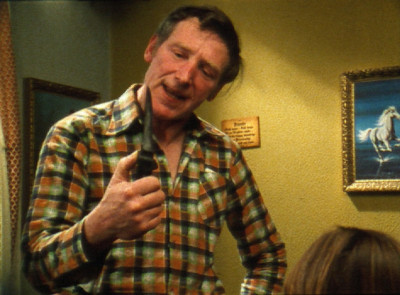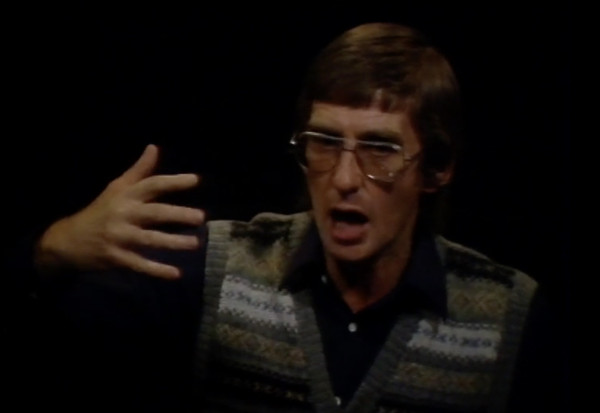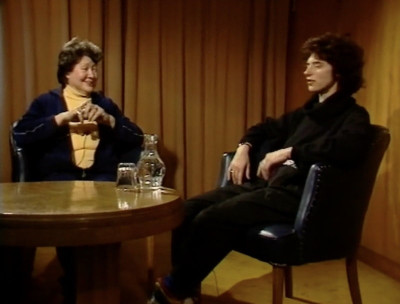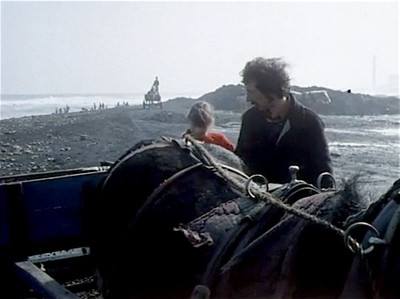
Writers & Audience Roundtable (1982)
Amber Films

Writers & Audience Roundtable (1982)
Amber Films
- Film and Video
- Popular Cultures
- Talks & Interviews
- 1980 – 1989
A Side Cinema event from 1982 featuring comment from filmmaker Philip Donnellan, writer Tom Hadaway, author & playwright Barry Hines, playwright Jim Allen, and author Jeremy Seabrook.
As Amber began its Channel 4 Workshop franchise, it organised a weekend exploring the possibilities of film and television as a means of engaging with working class audiences, experience and concerns. This roundtable discussion looks at many of the concerns and ideas around socialist creation and working class activation through media.
Video 1: Roundtable, 13 minutes, 1982
Video 2: Tom Hadaway, 31 minutes, 1982
Video 3: Jim Allen, 1 hour 8 minutes, 1982
Video 4: Phillip Donnellan, 37 minutes, 1982
Video 5: Barry Hines, 1 hour 4 minutes, 1982
The Channel 4 Workshop Declaration in the 1980s was a statement of intent and policy regarding the commissioning and production of independent and innovative programming for the newly established Channel 4 in the UK.
When Channel 4 launched in 1982, it was mandated to be different from the BBC and ITV, focusing on diverse, experimental, and alternative content. A key part of this was its relationship with independent production companies and workshops, particularly those aligned with political, social, and minority-group perspectives.
This initiative led to a surge in radical and socially conscious programming throughout the 1980s, shaping the identity of Channel 4 as a progressive and risk-taking broadcaster. However, the funding and structure of these workshops changed in the early 1990s as broadcasting policies shifted.
Watch the films
Related Works


ACTT Interviews (1980s)
Amber Films
Film and Video

